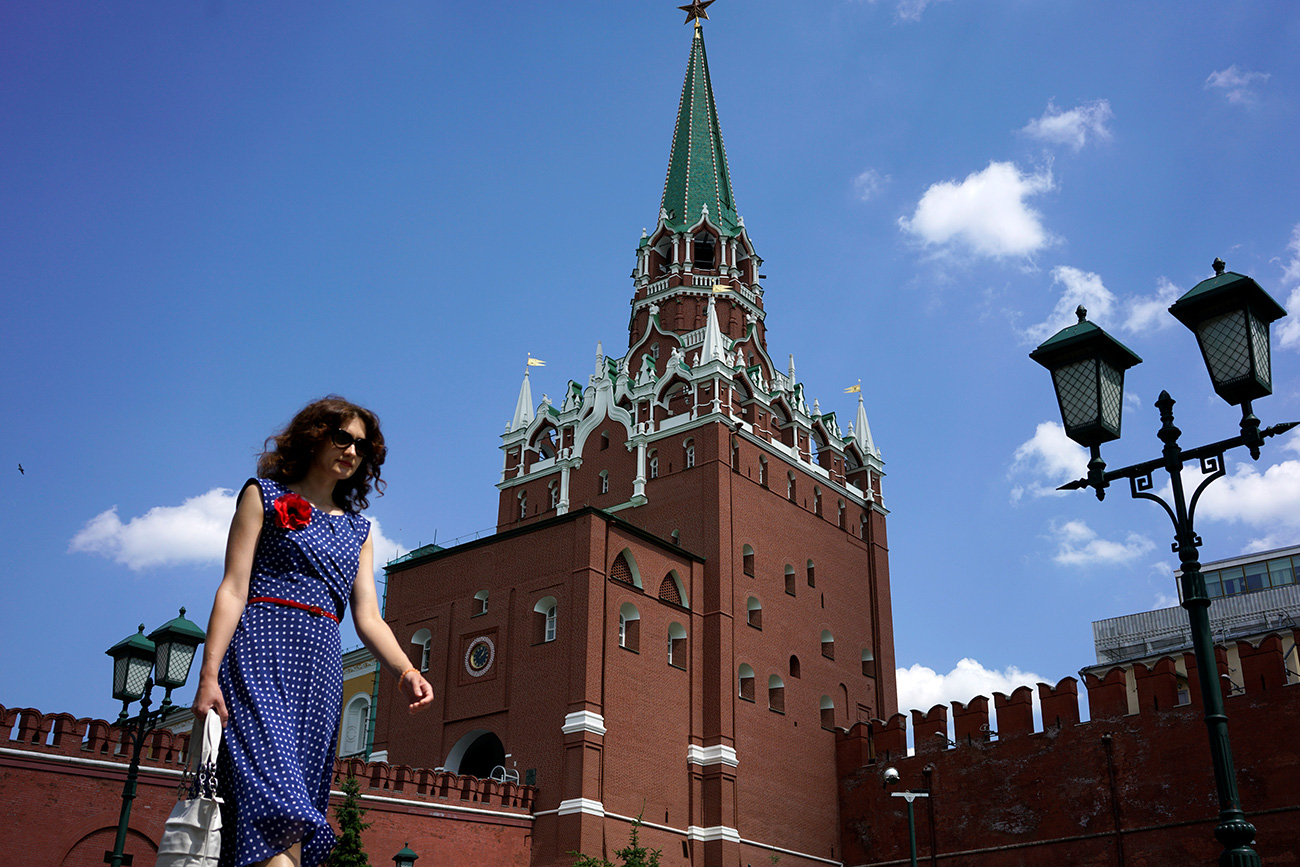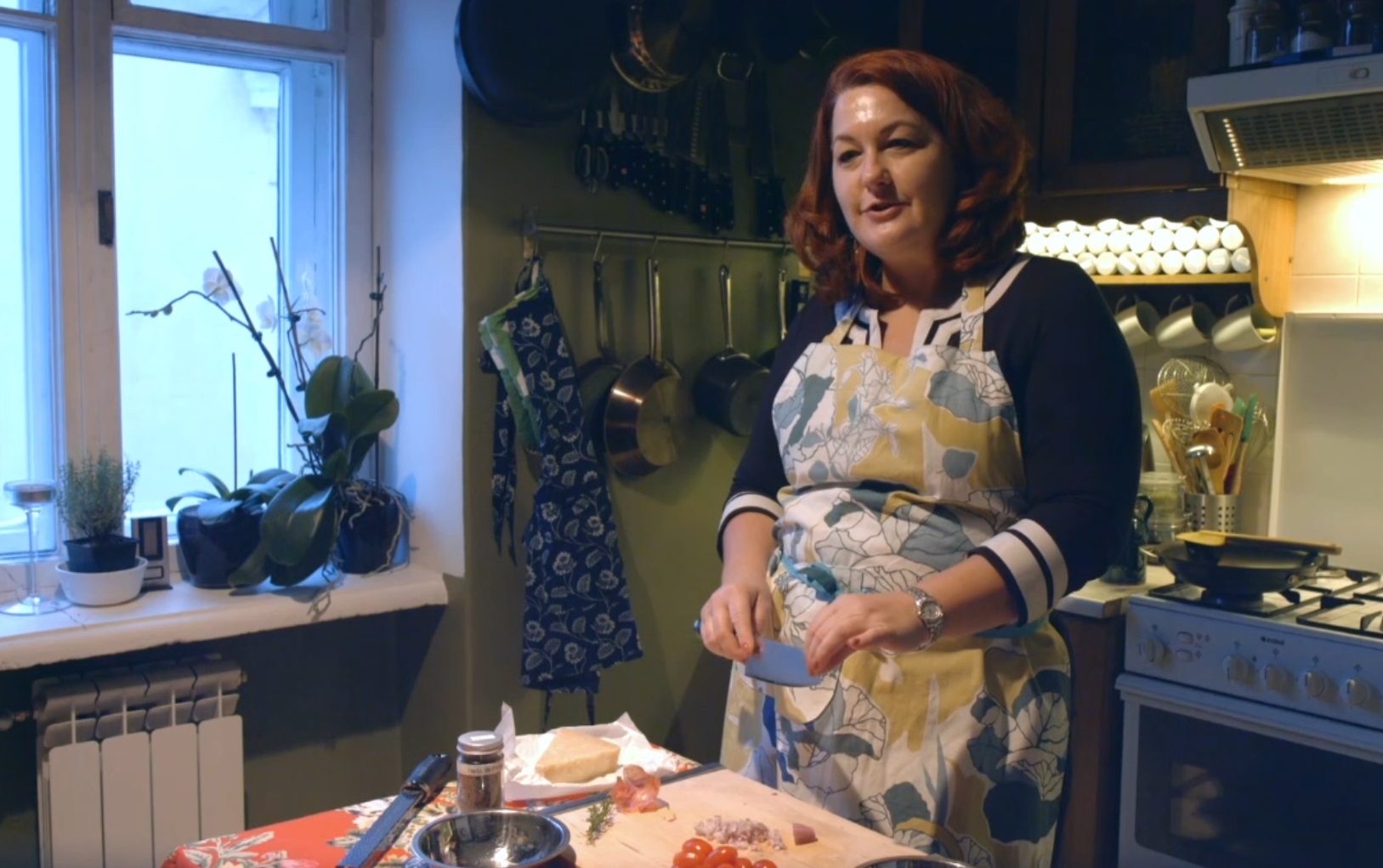7 questions for a foreigner seeking a job in Russia

The majority of expats live in Russia's busiest cities - Moscow and St. Petersburg.
Reuters“Endlessly challenging, endlessly stimulating and wholly worth it,” this is how HSBC Expat Explorer defines expat life, notwithstanding the country you chose to move in.
Russia is not the worst choice. Russia’s growing economy provides many lucrative opportunities and niches for ambitious businessmen to choose from.
There are no official (reliable) statistics on how many foreign citizens live and work in Russia, but judging by the number of international companies and expat-oriented restaurants and pubs in Moscow, it cannot be low. Would you be willing to join them? Here are answers to seven questions that you probably have before making such an important decision.
1. In what sector can I find work?
Jobs for expats often tend to be in the highly skilled category and at the senior management level. There is a demand for foreign professionals in sectors such as construction, IT, engineering, transport, and teaching/academics.
In addition, there could also be opportunities in humanitarian organizations, diplomatic missions, and international companies that have established branches in Russia. Acquiring a job in a branch might, however, be complicated because such openings are often filled with local or internal candidates.
Other opportunities include doing freelance translation, teaching English, and working as a nanny or au pair.
While there are many job-hunting websites in Russian, here are a few useful links in English to get you started: Headhunter, XpatJobs, InJob.
2. Will I need a work permit?
The hiring of foreign workers is strictly regulated by the government, so yes, you will need to have a work permit to settle in the country. The exceptions are foreigners with permanent or temporary residence permits, students, academic staff, accredited journalists, diplomats, and employees of some humanitarian organizations. Citizens of the Eurasian Economic Union’s member countries (Belarus, Kazakhstan, Kyrgyzstan and Armenia) are free to live and work in Russia.
To get you a standard work permit, the hiring company must have an authorized permit that allows it to employ a foreigner. The company can apply for a work permit on your behalf, after you sign a contract. You will have to submit necessary documents, including translated and certified professional or educational diplomas.
If successful, the employer will forward you a visa invitation letter, which can be used to get a visa. Once you move to Russia, you can collect your work permit from the employer.
3. Do I need to be fluent in Russian?
Good knowledge of Russian will help you a lot – not only in your interaction with Russians but also in job hunting. You will have a much better chance of finding a job if you are highly qualified and if you speak Russian. Plus, the majority of people in Moscow and across the country mostly speak Russian, so if you know the language it would be easier for you to settle in.
If you’d like to study Russian there are many language schools across the country to choose from or you can learn the basics prior to your trip via online courses or schools in your country.
4. What does a working week in Russia look like?
As is the case in most countries, the working week is usually from Monday to Friday with 40 hours on average. Every employer might set its own requirements for working hours but usually it is either from 9 a.m. to 6 p.m. or from 10 a.m. to 7 p.m.
5. What perks can I receive?
You will have 28 days of paid leave and in some cases medical insurance, transport or mobile allowance. The employer can also help with finding accommodation, language classes, and settling in the city.
6. What is the cost of living in Moscow?
Moscow is no longer the most expensive city in Europe. In 2017 it made it to the top 20 and was ranked 14th in Mercer’s Cost of Living Survey.
It all, of course, depends on your needs, but life in Russia’s capital might be affordable if you are prepared to adapt to the local style of living. Accommodation might get expensive, but costs on food, transport, and entertainment may be quite reasonable. Check the list of potential costs brought together by Expatistan website.
7. Is there an expat community in Moscow?
Yes, and it is big! Over the last two decades a whole new industry for expats has emerged. In busy cities like Moscow and St. Petersburg, where the majority of foreigners have settled, there are many cafes, restaurants, and clubs that cater to their needs and tastes. Papa’s Place on Nikolskaya Street, Hudson Bar on Belorusskaya, Standard on Kitai-Gorod and Bud House on Pushkinskaya are just a few places where members of the English-speaking expat community thrive.
Check InterNations, the Moscow Expats community on Facebook, and Couchsurfing for upcoming gatherings and events taking place in Moscow. Getting to know fellow expats will provide you with invaluable insider information on the best employers, networking opportunities, and tips on doing business in Russia.
Read more: Which are the top 10 Russian cities to live in?
If using any of Russia Beyond's content, partly or in full, always provide an active hyperlink to the original material.
Subscribe
to our newsletter!
Get the week's best stories straight to your inbox
